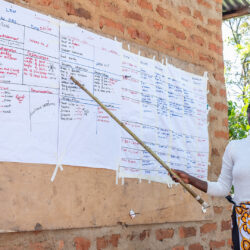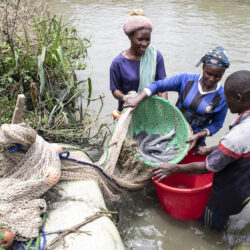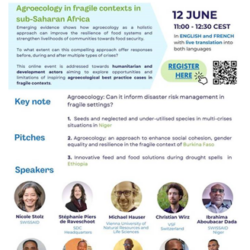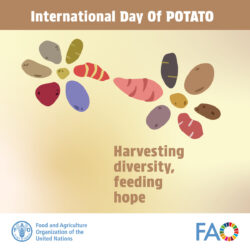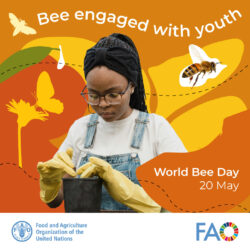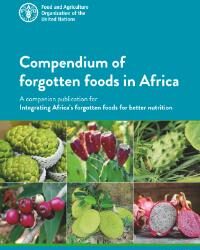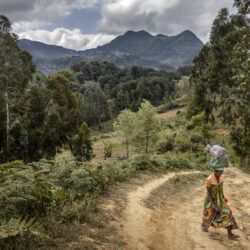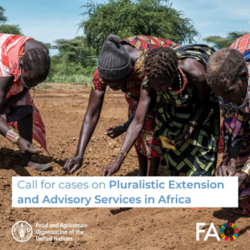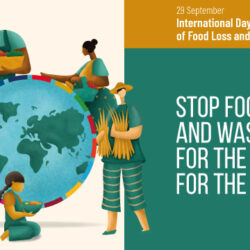Large-scale investment in Farmer Field Schools in Kenya helps expand farmers’ knowledge and increase their incomes
For a few months now, Esther Munani Kyalo’s routine has changed. A mother of three living in the Miambani ward in Kitui county, Kenya, she has followed a new ritual every Tuesday since the Kavakaky Farmer Field School was launched. Together with around 35 other women from her area, she walks to a nearby house where the group meets and breeds chicks in the small but brand-new poultry house. Sitting

